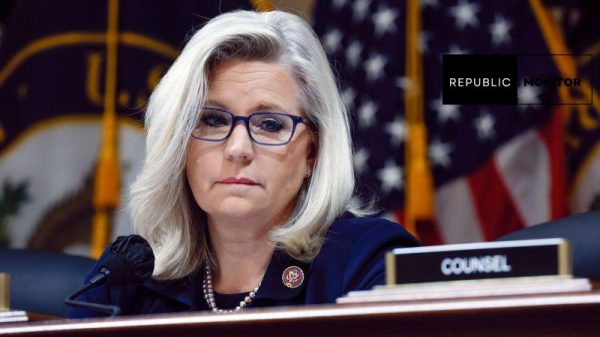Daily aspirin has been a part of the daily routine of millions of Americans, especially the older ones. Older people have mainly consumed it in the hope of preventing heart attack or stroke because the older the people get, the more that they have medicines that they need to take, and this has been one of them until now.
People over 60 are recommended to stop taking daily aspirin. The U.S. Preventive Services Task Force or USPSTF has posted a new draft on October 13, 2021, stating that there have been changes in the guidance for adults aged 60 and older taking daily aspirin as a preventive measure against heart attack and stroke.

A senior woman holding a bottle of pills. (Photo: FlairImages/iStock/Thinkstock)
New Proposed Guideline
According to New York Times in a published article, the U.S. panel has retracted its 2016 groundbreaking recommendation of taking low-dose aspirin that was supposed to be a prevention for colorectal cancer because of a recent discovery of evidence that the risk and severe side effects of the medicine outweigh the benefit that people from the age group of 60 can get from it.
According to Best Life, the document states that the people from the task force have found potential harm of taking the said medicine and cancel out its benefits for the older people in this age group.
“The USPSTF concludes with moderate certainty that initiating aspirin use for the primary prevention of CVD [cardiovascular disease] events in adults age 60 years or older has no net benefit,” the report states.
In the new proposed guideline, the USPSTF recommends that the decision to take baby aspirin or low-dose aspirin for everyday use for people aged 40 to 59 be an individual one. The agency is against initiating low-dose aspirin use for 60 years old and older despite recommending this as an individual choice before.
According to Mayo Clinic, taking aspirin every day may lower the risk of stroke and heart attack, but it isn’t for everyone. It depends on the person’s age, overall health, history of heart disease, and risk of having a future stroke. Because of bleeding risks, people age 60 and older without a known heart of vascular disease should not start taking daily aspirin to prevent a first heart attack or stroke.
Read Also: Laotian Bats Discovered To Have Coronaviruses, Adept In Infecting Human Cell

Image of an Old man taking a pill. (Photo: Adobe)
Before Stopping
According to New York Times, Chien-Wen Tseng, MD, a USPSTF member of the task force, stated that the recommendation is not for the people who are already taking aspirin for a previous heart attack or stroke and that they should continue to do so unless they were told to stop by their health care provider.
“We don’t recommend anyone stop without talking to a clinician, and definitely not if they have already had a heart attack or stroke.” in a statement she said in New York Times.
Before stopping the daily aspirin routine, it is highly suggested to talk to a physician or health care provider before stopping. It may potentially cause a rebound effect that may increase the risk of heart attack, especially for individuals who have one.
Possible complications as per Mayo Clinic, of taking aspirin every day can include ulcers, allergic reactions, and increased risk of bleeding. If aspirin is taken in ample amount, the following are side effects possible: Abdominal pain, bloody urine, and change in consciousness, convulsions, chest pain, and difficulty in breathing, swelling, and muscle cramping.
According to Best Life, USPSTF has stated that the risk of gastrointestinal bleeding, hemorrhagic stroke, and intracranial hemorrhage increases with older people regardless of their aspirin use. A study published in June found out that most people taking the daily aspirin have no history of heart disease, and an estimated 9.9 million people are taking the medication as a daily pill with no advice from their health care provider or physician.
Read Related Article: Study Finds Vaccine Lottery Incentives Make Little Impact, Americans Are Not Convinced With Getting COVID-19 Vaccine Shot















